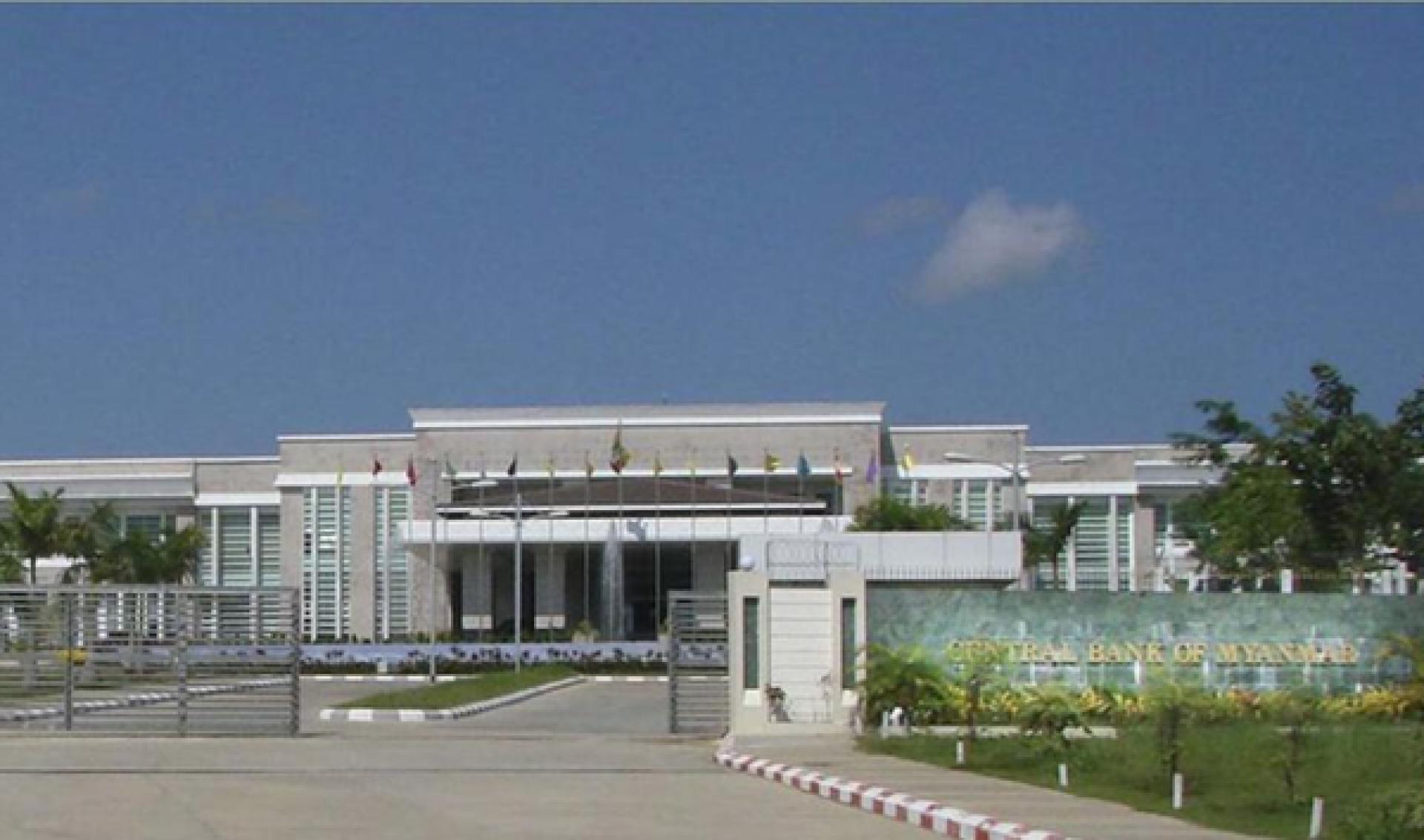(Naypyidaw, 4th) — On October 3, the Central Bank of Myanmar announced the launch of a new round of monetary policy measures aimed at absorbing excess liquidity within the economic system to address rising inflation and the pressure of kyat depreciation, while maintaining macroeconomic stability without further interest rate hikes.
The central bank noted in its statement that with the continued high circulation of money in the economic system, coupled with the widespread adoption of digital applications leading to a rise in bank deposits, banks’ special deposits in the central bank have correspondingly increased. This has resulted in the growth rate of money supply consistently exceeding target levels, causing excess liquidity.
The announcement emphasized that to guard against inflation risks and support healthy economic development, the central bank’s monetary policy committee has decided to strengthen liquidity management by maintaining current interest rate levels, stabilizing the exchange rate, and setting minimum reserve requirements.
Main measures include raising the interest rate on banks’ excess reserves held at the central bank to absorb surplus funds in the market. Specifically, the average excess reserves of banks (in kyat), deposited at the central bank for more than 28 days above the minimum reserve requirement, will now bear interest at a new standard: the interest rate on excess reserves (IOER) will be equal to the one-month average interest rate in the money market.
The Central Bank of Myanmar stated that this move will help alleviate current inflationary pressures and the trend of kyat depreciation, while also improving the banking system’s interest income, promoting the sound development of the banking industry, and further consolidating financial system stability.
The central bank added that it will continue to closely monitor market liquidity and exchange rate fluctuations, and take flexible measures when necessary to ensure the long-term stability of the national financial system and sustainable economic growth.
